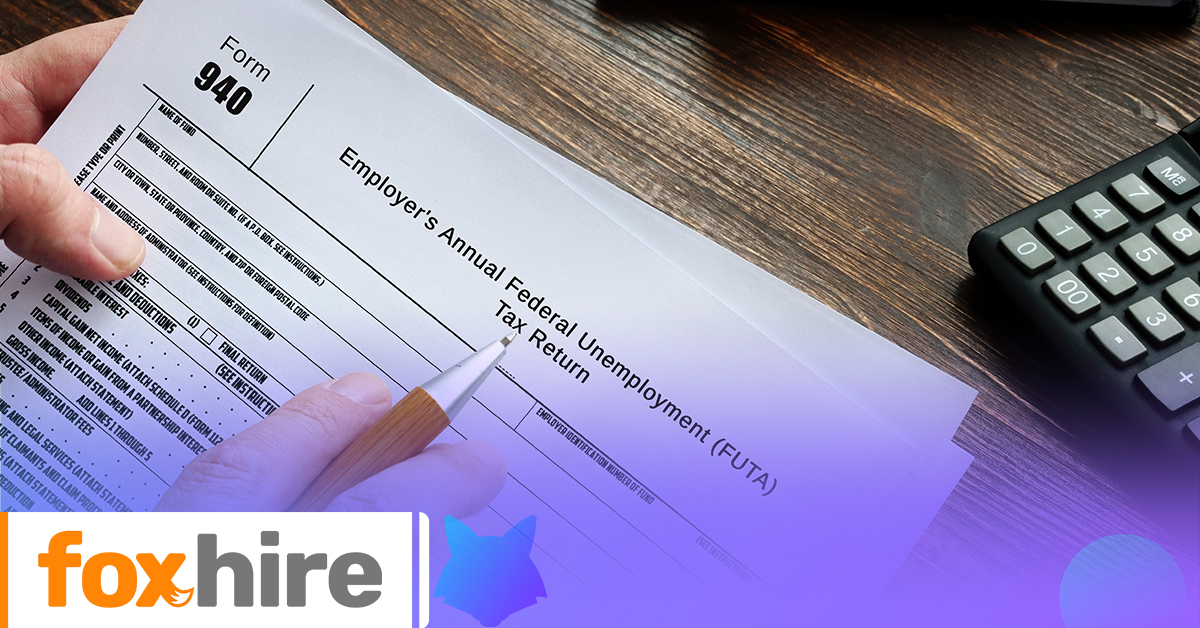The IRS requires Form 940, the federal unemployment tax annual report (FUTA). For employers, this is reporting that tracks the federal unemployment tax you’ve paid. This blog will help you understand FUTA and the filing rules related to this complex area of tax law.
Understanding FUTA
All employers pay federal unemployment taxes to the IRS. Those funds go into the federal account, which pays out unemployment to workers. Businesses may also do something similar at the state level. The system works like this:
- Employers pay into the system based on a percentage amount of your employee wages.
- Employers must make periodic payments to the IRS of these funds.
- Unemployment taxes do not come out of the wages of your workforce.
- That fund is dispersed to unemployed workers.
- The majority of businesses pay both federal and state unemployment taxes.
- These businesses must report on what they’ve paid by using FUTA.
The requirements are for any employer that pays wages of $1,500 or more to employees in the calendar year and/or if you had at least one employee (even if they are part-time) during 20 or more weeks during the year. You don’t need to calculate the wages of independent contractors.
How to Calculate FUTA
The FUTA federal unemployment tax is typically based on employee wages. You pay 6% on the first $7,000 in income of each employee. If you also paid into the local unemployment system, you may receive a credit of up to 5.4% from the state. These rules change, so staying on top of them, or using an EOR like FoxHire, will keep you compliant. For example, you may not know that there are some loopholes in how the FUTA payment is calculated. Some of the employee payments and reimbursements you make do not fall under the 6% calculation we mentioned. For example, you shouldn’t include:
- Meals and lodging reimbursement or payments.
- Group term life insurance.
- Your contributions to employee health insurance.
- Moving expenses.
- Employer contributions/matches to employee retirement accounts.
Again, these rules are subject to change, so either see your accountant to make sure you’re in compliance with the latest laws, or hire an EOR to handle this for you.
When Do I File FUTA?
Typically, FUTA filing of the Form 940 is January 31st for the prior calendar year. If the payments you make into unemployment exceed $500, you’ll likely be scheduled for at least one quarterly payment to the federal and state government. If you’ve made these payments and you’re all caught up, you actually don’t have to file FUTA until February 10th. You must have your FUTA taxes paid before you fill out form 940.
However, there are more complexities related to FUTA related to when you can make your unemployment payments and when you can file. That’s why it may make more sense to your business to hire a professional EOR to handle these complexities. If you need help with your FUTA, contact FoxHire. We specialize in payroll and all HR functions. We can lessen your liability and free up your time by handling the hiring and employment functions. Talk to the team at FoxHire to find out how we can help you remain compliant with FUTA.






